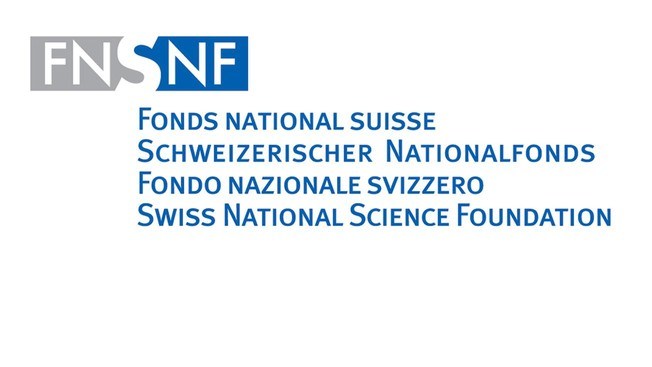Visualized relationships – functions and problems is a project funded by the Swiss National Science Foundation (SNF).
Taking and sending or uploading pictures has become a natural everyday routine for many people. Just as social relationships in highly mediatized society cannot be understood without taking into account the involved media technologies, media contents and mediated forms of communication, the communication in close social relationships cannot be examined without considering the role and functions of images and image-related practices. New or transforming media and communication practices often trigger controversial debates about their potentially negative impact on social relationships. In recent years, particularly the ubiquity of visual communication and photo sharing have been critically discussed. However, the actual contexts and meanings of pictures in social relationships have not been examined adequately, yet. Against this background, the project investigates the role of everyday visual communication in romantic partnerships and in close friend relationships in Switzerland. For this purpose, 30 couple and 60 qualitative individual interviews will be conducted in all parts of Switzerland. These interviews will be combined with various “creative" visual techniques (such as network drawings and the use of participant-selected pictures as conversational resources). The main research goals of the project are:
- to explore the role and relevance of visual and image-related practices and the respective functions as well as problematic aspects for the relationships.
- to examine which rules and norms of visual everyday communication are established and how they are developed in the relationships.
Visual and image-related practices will be examined in the context of the “communication repertoires" of friends and couples. This means, first, to explore the entirety of different media that people use in their relationships and to explore when and why they are using them and when they rather prefer non-mediated, face-to-face communication. Then, in a second step, it is of interest how images are integrated into these communication repertoires. The close focus on actual everyday communication in social relationships allows to provide a differentiated assessment of both, the role and functions of visual communication for establishing, maintaining or coordinating relationships, but also of potential challenges, risks and problems. On this basis, possible solutions and suggestions can be provided.




